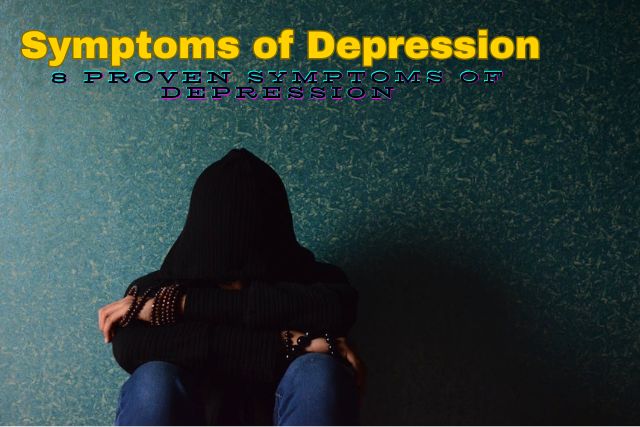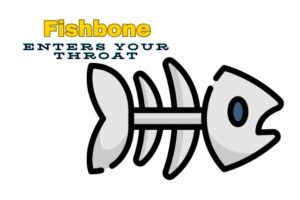
Symptoms of Depression
Depression, a common mental health disorder, affects millions of people worldwide. It’s more than just feeling sad or down; it’s a persistent feeling of sadness and loss of interest that can interfere with daily life.
Recognizing the symptoms of depression and causes of depression, as well as the treatment options available, can help individuals and loved ones seek timely support and recovery.
What Is Depression?
Depression is a mood disorder that goes beyond occasional sadness or “the blues.” For those suffering from it, depression can lead to significant impairments in how they feel, think, and handle daily activities.
There are several types of depression, including major depressive disorder, seasonal affective disorder (SAD), and persistent depressive disorder, each varying in duration and severity.
Symptoms of Depression
The symptoms of depression can differ from person to person, but common signs include:
Persistent Sadness or Emptiness
Feeling down, tearful, or numb nearly every day.
Loss of Interest in Activities
Losing enjoyment in hobbies or activities once found pleasurable.
Changes in Appetite or Weight
Either eating too much or too little, leading to weight gain or loss.
Sleep Disturbances
Insomnia or sleeping excessively.
Fatigue and Loss of Energy
Feeling tired or “drained,” even after sufficient rest.
Feelings of Worthlessness or Guilt
Self-blame or an overwhelming sense of guilt.
Difficulty Concentrating
Struggling to focus or make decisions.
Thoughts of Death or Suicide
Suicidal ideation or attempts may be present in severe cases
If someone experiences these symptoms persistently for more than two weeks, it may be time to seek professional help.

Causes of Depression
The causes of depression are complex and can result from a variety of factors, including:
- Genetics: A family history of depression can increase one’s risk, suggesting a genetic link.
- Biological Factors: Imbalances in brain chemicals, like serotonin and dopamine, are associated with depression.
- Psychological Factors: Low self-esteem, trauma, and chronic stress are known to contribute to depression.
- Environmental Factors: Life events such as the loss of a loved one, financial difficulties, or relationship problems can trigger depressive episodes.
- Medical Conditions: Chronic illnesses or certain medications can lead to symptoms of depression.
Treatment Options for Depression
Thankfully, depression is a treatable condition, and there are several effective treatment options available, including therapy, medication, and lifestyle changes.
Psychotherapy (Talk Therapy)
Psychotherapy, or talk therapy, is a common treatment for depression.
Types of therapy include:
- Cognitive Behavioral Therapy (CBT): This helps people identify and change negative thought patterns and behaviors associated with depression.
- Interpersonal Therapy (IPT): Focused on improving relationships and social interactions, IPT can be effective for those with depression linked to personal issues.
- Psychodynamic Therapy: This form of therapy delves into past experiences and emotional patterns, which can help uncover the root causes of depression.
Medications
Antidepressant medications can help adjust the brain’s chemical balance. The most common types are:
- Selective Serotonin Reuptake Inhibitors (SSRIs): These help increase serotonin levels, which can improve mood.
- Serotonin and Norepinephrine Reuptake Inhibitors (SNRIs): SNRIs work by boosting both serotonin and norepinephrine.
- Atypical Antidepressants: Medications such as bupropion work differently from SSRIs and SNRIs and can be effective for certain individuals.
Medication often works best when combined with therapy. It’s essential to discuss options and possible side effects with a healthcare provider.
Lifestyle Changes
In addition to therapy and medication, lifestyle changes can significantly impact depression management:
- Exercise: Physical activity releases endorphins and can improve mood, alleviate stress, and increase energy.
- Healthy Diet: A balanced diet supports brain health and can impact mood positively.
- Sleep Hygiene: Good sleep habits, such as going to bed at the same time each night, are important for mental health.
- Stress Management: Techniques such as meditation, deep breathing, and mindfulness can reduce stress levels and improve resilience.
Alternative Therapies
For some, alternative therapies, such as acupuncture, yoga, or meditation, may complement traditional treatments.
Additionally, transcranial magnetic stimulation (TMS) and electroconvulsive therapy (ECT) are available for severe cases where other treatments are ineffective.
Coping Strategies for Managing Depression
Coping with depression can be challenging, but there are strategies that can help:
- Seek Support: Connecting with friends, family, or support groups can provide comfort and a sense of community.
- Set Small Goals: Taking small steps toward routine tasks can prevent feeling overwhelmed.
- Practice Self-Compassion: Avoid self-criticism and allow yourself grace during challenging times.
- Stay Active and Engaged: Engaging in activities, even when difficult, can promote better mood and motivation.
Final Thoughts
Depression is a serious but treatable condition. By recognizing the symptoms and seeking help through therapy, medication, and lifestyle changes, individuals can manage depression effectively and improve their quality of life.
Remember, reaching out for support isn’t a sign of weakness but a step towards recovery.
If you or someone you know is experiencing signs of depression, consider speaking to a healthcare professional to explore the best treatment options.







